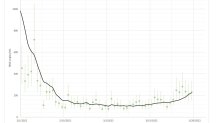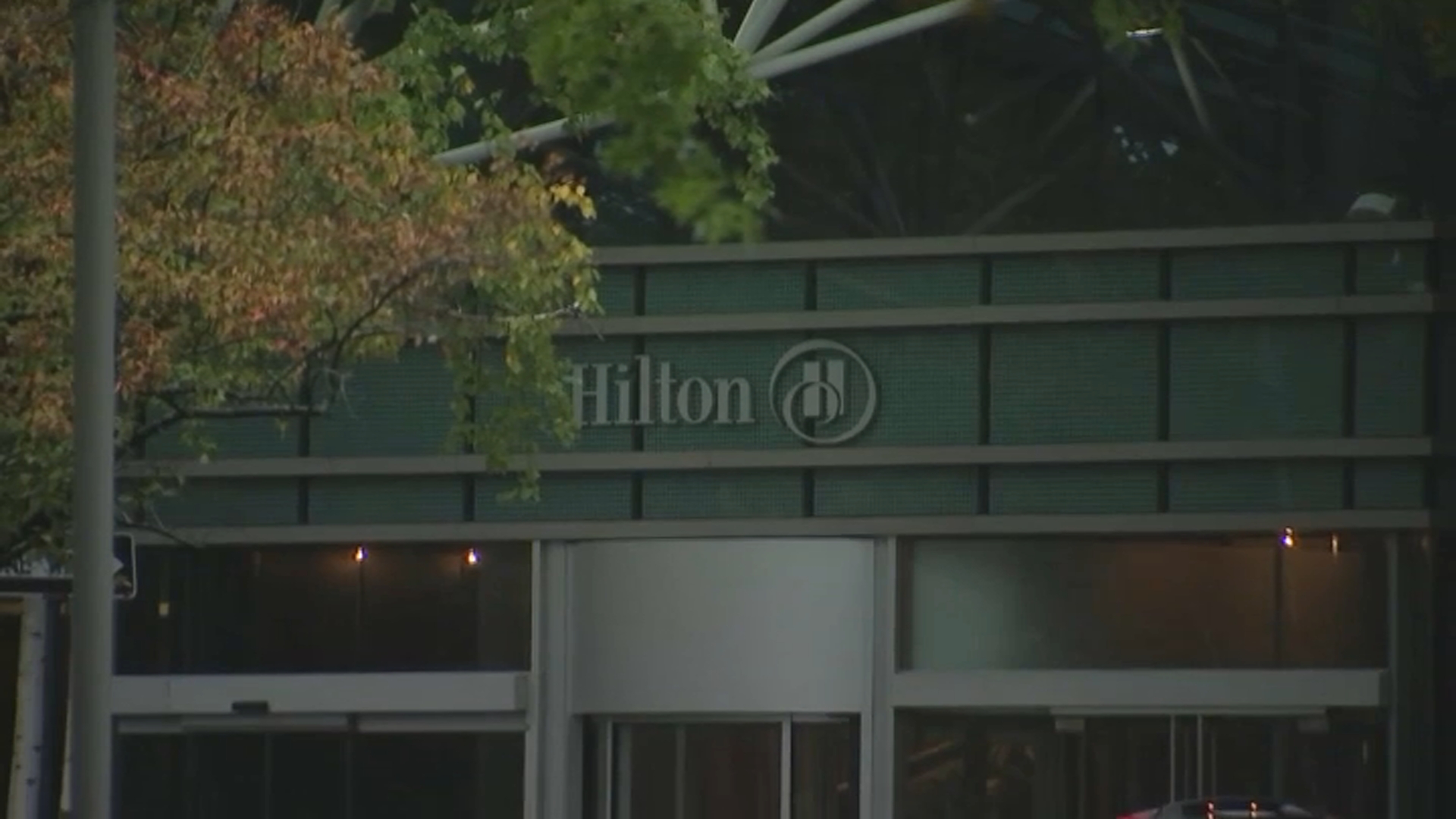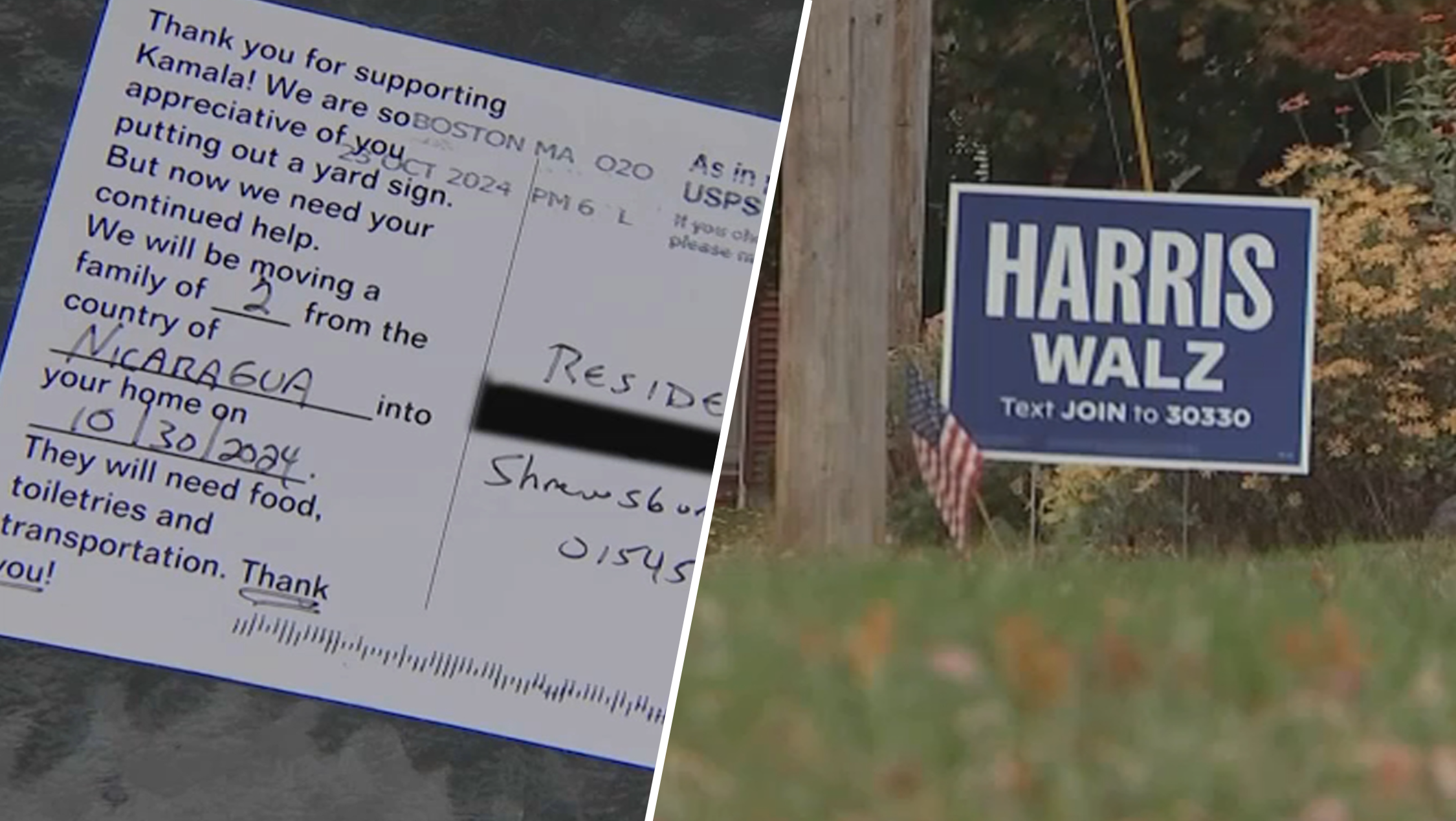For another week, the latest wastewater data shows a modest uptick in COVID levels for the Boston area.
While the levels are nowhere near the highs back in December 2021, health officials are urging the public to prepare for a possible bump in cases in the next few weeks.
The latest data shows that the seven-day average has continued climbing up in the Northern System, which includes the city of Boston. Last week, the data for the Northern System was under 180. This week, that has climbed to over 200. It's important to note that this is still a very low number compared to the omicron surge, where levels averaged just under 9,000 in the Northern System and over 11,000 in the neighboring Southern System.

The Massachusetts Water Resources Authority's tracking system, run by Cambridge-based Biobot, works by analyzing bits of genetic material in the Boston area's sewers to indicate how much of the virus is circulating in the community.
The data for Boston is collected from the Massachusetts Water Resources Authority's Deer Island wastewater treatment plant and analyzed by Cambridge-based Biobot Analytics three to seven times a week.
Proponents of wastewater COVID detection have argued that it helps give a fuller sense of the virus' spread in a community than state data, which doesn't include at-home rapid tests or people with COVID who don't take tests at all.
Local
Local Boston doctors say it remains unclear if the uptick in wastewater data will result in a spike in COVID cases. COVID-19 cases and hospitalizations remain relatively low in Massachusetts. The current 7-day average test positivity in Massachusetts is 2.20%.
It remains unclear if the BA.2 variant is linked to severe COVID cases or if it is more vaccine-resistant. The World Health Organization says it is "more transmissible" and that a case uptick but no "major resurgence" is expected.



